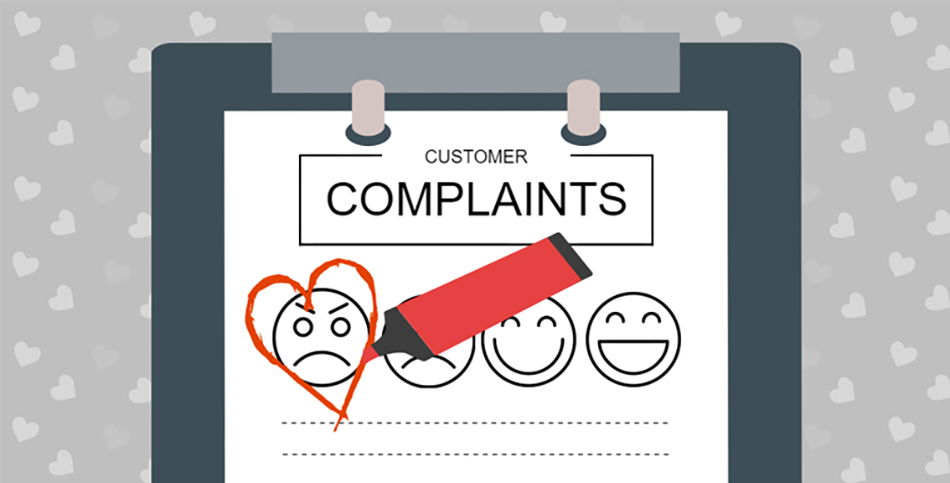
What are NDIS Providers required to do when it comes to complaint management in the NDIS?
The NDIS Commission requires registered NDIS providers to "have an effective system for the management and resolution of complaints about the supports or services they provide".
This system needs to:
- be appropriate to the size of your organisation and the complexity of the services and supports you deliver
-
be easy for people to make a complaint (anonymously if they choose)
-
keep a record of any complaints you receive and the action you take
-
help you deal with all complaints quickly and fairly
Providers are also expected to:
- support Participants to understand how to make a complaint (to them or the NDIS Commission)
- keep the Participant informed of the complaint's progress
- involve the Participant in the resolution of the complaint
- update Participants as to any actions, decisions and outcomes
The NDIS Commission also expects that unregistered providers will effectively manage any complaints they receive.
What should I do if I receive a complaint from an NDIS client?
The ‘Four A’s’ of successful complaint resolution
This helpful approach to responding to a complaint was developed by the Victorian Disability Services Commissioner. It recognises that people making complaints typically seek one of four outcomes, each beginning with the letter ‘A’.
1. Acknowledgement
This is often the most important step because it assures people their concerns have been understood. It should include:
- actively listening without interrupting
- monitoring yourself for feelings of defensiveness
- acknowledging how the situation has affected the person
- asking what a good outcome would look like for them, and
- letting them know what steps you’ll take in response to their complaint.
2. Answers
Knowing why something has or hasn’t occurred often helps people better understand how to resolve their concerns. Your answers should provide clear explanations relevant to the concern while sticking to known facts.
3. Actions
Some people want action to address their concerns. A good way to approach this involves developing an action plan. This should include:
- what will be done
- who will do it
- when it will be done by
- how you will communicate progress and outcomes, and
- how you will oversee progress of the complaint actions and implementation.
4. Apology
An apology may be the thing that the Participant is looking for. Offering an authentic and timely apology is a powerful way to validate someone’s concerns and move forward.
Make sure the right person makes the apology and that it is heartfelt.
What should I do after dealing with a complaint from an NDIS participant?
Use a complaint as an opportunity to improve your service.
Once it has been resolved, you should:
- follow up with the Participant to get feedback and suggestions on how you can improve in the future
- review the service or procedure that was involved in the complaint and decide on an action to help improve it
- review the handling of the complaint and how you can improve the Participant's experience and the amount of time your own staff had to spend managing the complaint
- review your complaints handling system
- identify opportunities for staff training and skills development
The way you respond to a complaint is perhaps even more important than the outcome. You may find that when you handle a complaint well, it creates an even more loyal and satisfied customer.
Tips to help me prepare for complaints
Information is king. If you have all the information, you can manage and resolve a complaint much more easily.
- Make sure you are recording necessary information in the software applications you use. Make sure your rostering software or case notes allows your staff to automatically record shift start and end times, as well as any issues that arise during a shift.
- Get into the habit of making sure your staff complete case notes immediately after delivering the service - also make sure they are automatically date and time stamped.
- Make sure you have a service agreement that includes a detailed Schedule of Supports so that both you and your Participant understand exactly what is expected. Be sure to ensure your customers understand it - use video if necessary.
- Have weekly or regular check-ins with Participants to make sure they are happy with your services - this will allow you to catch any potential problems before they arise.
SOURCES:
NDIS THERAPY FINDER - FREE SERVICE
LET US FIND YOU A SKILLED SUPPORT WORKER




